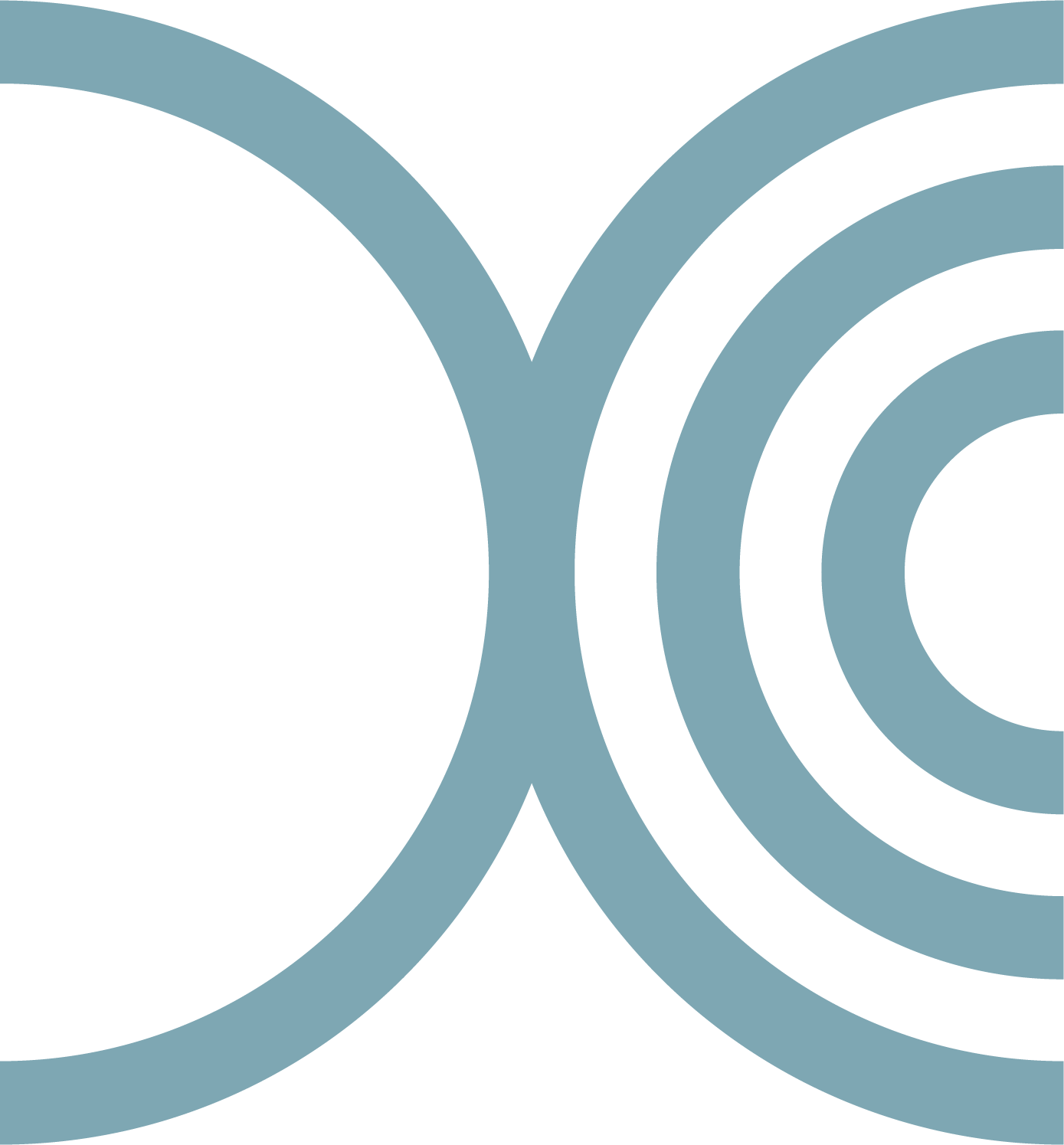Received grant in 2025
DCCC has funded 150,000 DKK to this project.
The management of patients with large rectal polyps (> 2.5cm) is a major clinical dilemma. Despite appearing benign, between 20-30% of these polyps will contain an early-stage rectal cancer. Current diagnostic tests are not able to robustly differentiate between these groups and the diagnosis is only confirmed once the polyp is removed and examined by a pathologist. This causes major issues in treatment allocation.
There are two main techniques for removing large rectal polyps, one of which is more suited to benign polyps and the other to early cancers. Using the wrong technique can have dire consequences, including the need for major surgery and permanent stomas.
This study aims to evaluate whether circulating tumour DNA (ctDNA) can be used to differentiate between patients with benign rectal polyps and early rectal cancers. This would improve treatment stratification, allowing the right treatment to be used for the right patient.
The study is a national, multidisciplinary collaboration involving centres across all five Danish regions. Funding from DCCC facilitates the coordination of start-up meetings with participating centres, supporting efficient study initiation and maximising patient inclusion across centres.
If ctDNA proves capable of distinguishing between benign polyps and early-stage rectal cancer, it could pave the way for more targeted treatment strategies. Patients with benign polyps could undergo less invasive, local procedures, while those with cancer could be referred for advanced surgical treatment. This would improve the overall quality of treatment, reduce the risk of complications, and lower healthcare resource utilisation.
Multidisciplinary organisation
The study is conducted in collaboration with DCCC Danish Research Centre for circulating tumor DNA guided treatment.
Project stakeholders
Study steering committee
- Claus Lindbjerg Andersen, Professor, Head of ctDNA Research Center, Department of Molecular Medicine, Aarhus University Hospital
- Nis Hallundbæk Schlesinger, MD, Abdominalcenter K, Copenhagen University Hospital - Bispebjerg og Frederiksberg
- Henry Smith, MD PhD, Abdominalcenter K, Copenhagen University Hospital - Bispebjerg og Frederiksberg. Primary contact, mail: henry.george.smith@regionh.dk
Collaborators and participing centers
- Peter Christensen, Aarhus University Hospital
- Claudia Jænsch, Regionhospitalet Gødstrup
- Henrik Loft Jacobsen, Copenhagen University Hospital – Herlev
- Lene Hjerrild Iversen, Aalborg University Hospital
- Per Vadgaard Andersen, Odense University Hospital
